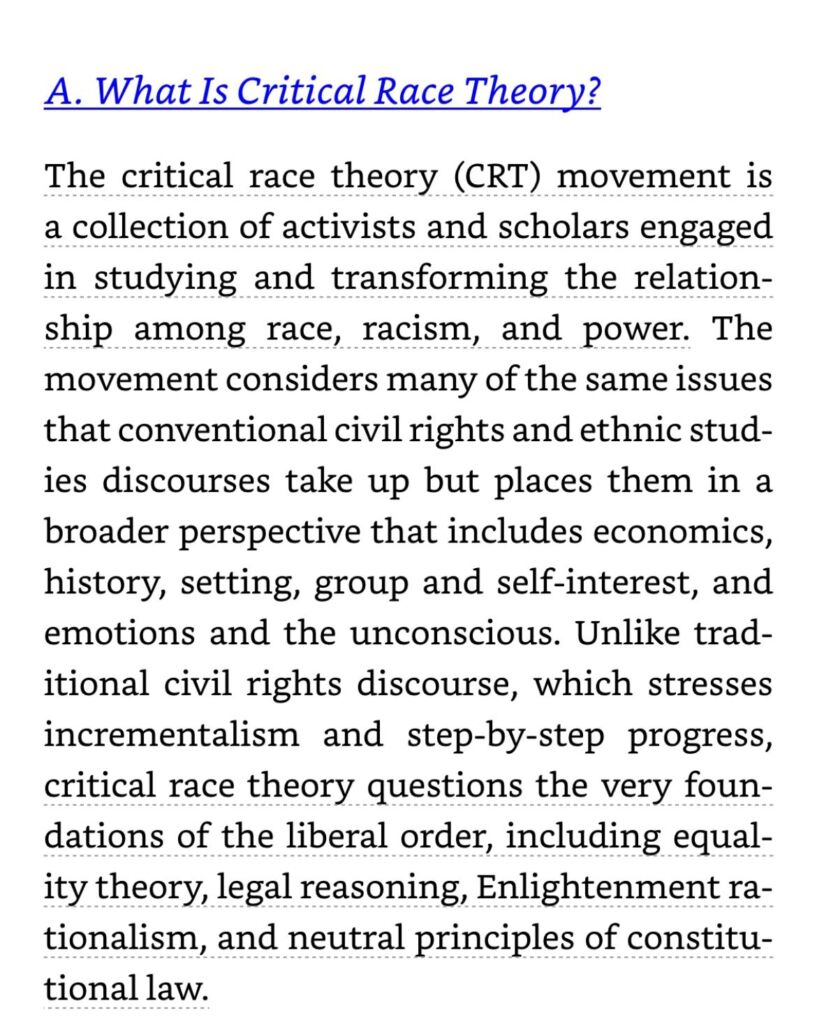How do you debate something when you can’t define it? Maybe that is the point
Americans cannot accurately define socialism
In January, I noted that Americans are, today, likely to define ‘socialism’ in a way that differs significantly from actual dictionary definitions. A plurality of Americans — 23 percent — define socialism as:
Equality – equal standing for everybody, all equal in rights, equal in distribution.
Those, of course, are aims, some of which, such as “equal standing for everybody, all equal in rights,” are not unique to socialism.
But socialism is also defined by its means, and these include:
…collective or governmental ownership and administration of the means of production and distribution of goods (Merriam Webster)
a theory or system of social organization that advocates the ownership and control of the means of production and distribution, capital, land, etc., by the community as a whole, usually through a centralized government (Dictionary.com)
…a politico-economic system where the state controls, either through planning or more directly, and may legally own, the basic means of production. (Penguin Dictionary of Politics)
In short, imagine the DMV running everything. One wonders if socialism would be having its ‘moment‘ if people actually knew what it involved.
What is striking is that back in 1949, three decades before the creation of the federal Department of Education, I might add, Americans were much better informed about what socialism actually was. Back then, a plurality — 34 percent — defined it as:
Government ownership or control, government ownership of utilities, everything controlled by the government, state control of business
Which is pretty much spot-on.
Somewhere along the line, Americans became less knowledgeable about what socialism actually is. And this matters. Very many decent, well-meaning people who support “equal standing for everybody, all equal in rights” might call themselves socialist and advocate for socialism without knowing that they are, in fact, advocating for the government to run everything. This increased ignorance benefits the socialists themselves.
From socialism to Critical Race Theory
I thought about this when I asked ‘What is Critical Race Theory?‘ last week.
It is a controversial topic about which I was ignorant. The first step to debating something is to define what it is, exactly, that you are debating. But, rather than some straw man version of CRT, I wanted to know what it really was, so I looked up a definition written by two of its originators and leading practitioners, Richard Delgado and Jean Stefancic, in their textbook Critical Race Theory: An Introduction. According to them:

But sharing this definition of CRT from two of its originators and leading practitioners turned out not to be popular with some of its advocates. On social media, one advocate of CRT said that this definition was wrong. Another said it was “slanted” against CRT. Still another said it was “scaremongering.”
Clearly, all of these arguments are nonsense. But they do make it harder to discuss CRT honestly — after all, how can you debate something nobody — or anybody — can define? And that, perhaps, is the point. In the same way that socialism’s ‘moment’ is based on people not knowing what socialism actually is, so making it impossible to define CRT makes it possible for decent, well-meaning people to support it. They think they are supporting an end to “systemic racism,” not realizing that they are actually supporting an attack on:
…the very foundations of the liberal order, including equality theory, legal reasoning, Enlightenment rationalism, and neutral principles of constitutional law.
A wise man, that Orwell
In 1946, the great English socialist, George Orwell, born on this day in 1903, published his essay Politics and the English Language. In it, he criticized the “ugly and inaccurate” written English of his time and traced its roots to the mangling of language in defense of various unpalatable political positions. He wrote that:
[M]odern writing at its worst does not consist in picking out words for the sake of their meaning and inventing images in order to make the meaning clearer. It consists in gumming together long strips of words which have already been set in order by someone else, and making the results presentable by sheer humbug.
That describes an awful lot of pseudo-academic literature across a number of fields today. Orwell goes on to say that:
In our time, political speech and writing are largely the defence of the indefensible. Things like the continuance of British rule in India, the Russian purges and deportations, the dropping of the atom bombs on Japan, can indeed be defended, but only by arguments which are too brutal for most people to face, and which do not square with the professed aims of political parties. Thus political language has to consist largely of euphemism, question-begging and sheer cloudy vagueness.
And that describes an awful lot of contemporary attempts to hide the actual meanings of words. But, as noted, words have meaning and those meanings are important.
John Phelan is an economist at the Center of the American Experiment.